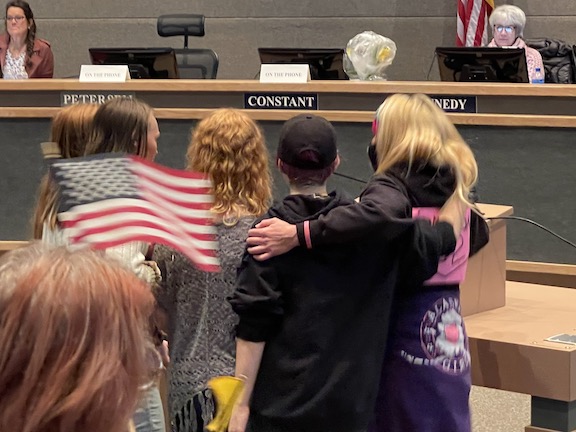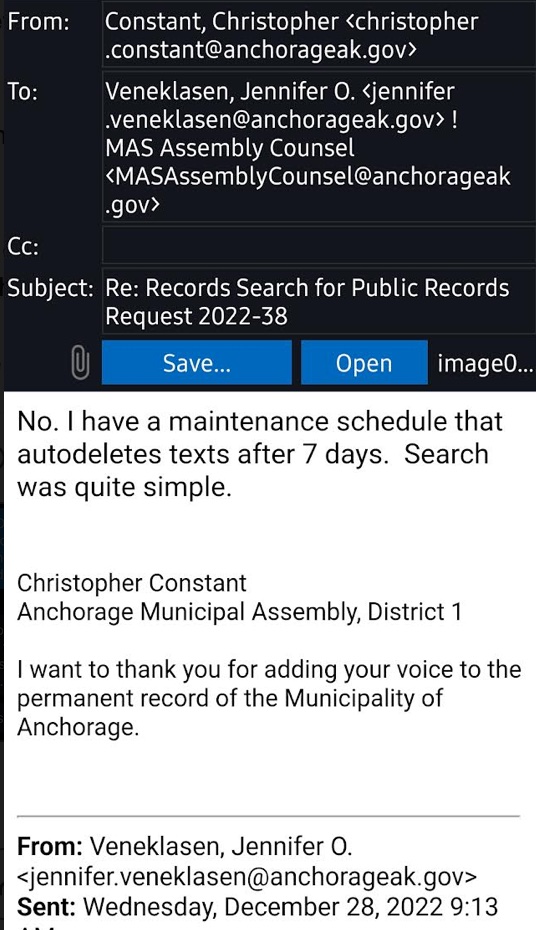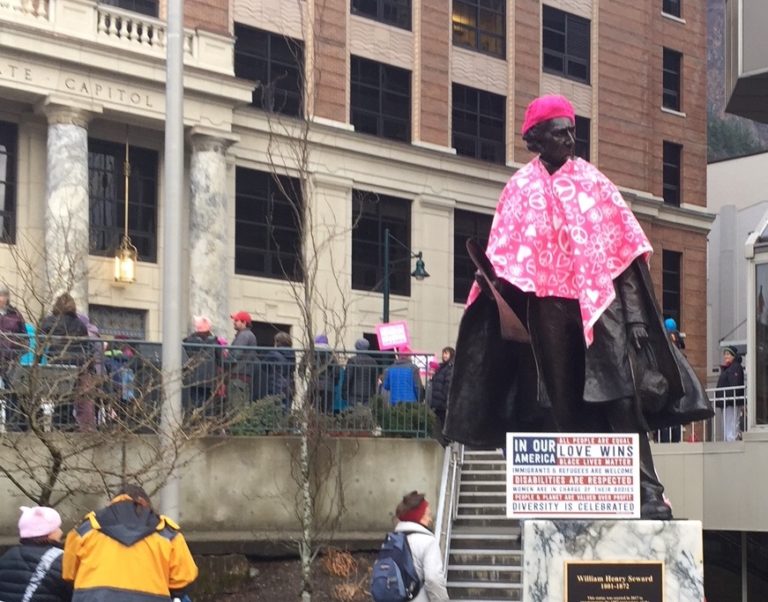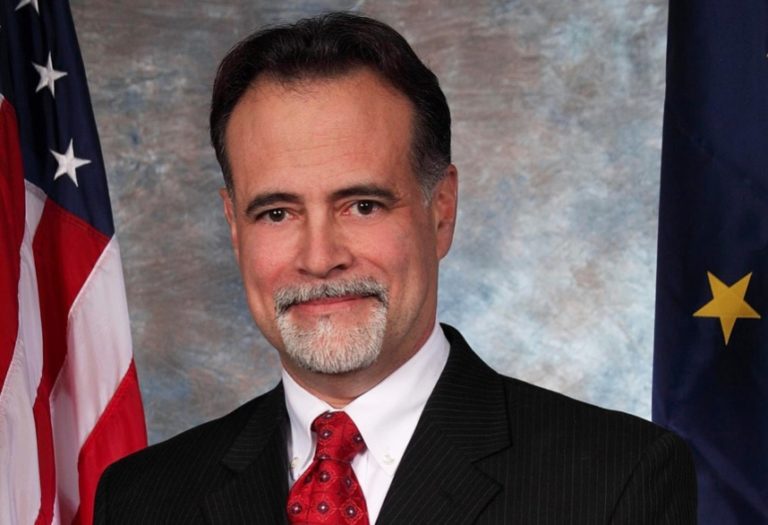Twenty-two-year-old Denali Brehmer pleaded guilty on Wednesday to murder in the first degree for charges stemming from the June 2, 2019, murder of 19-year-old Cynthia Hoffman near Thunderbird Falls in Chugiak.
Brehmer admitted the facts contained in the complaint initially filed in the case. The case was investigated by the Anchorage Police Department and the Federal Bureau of Investigation, with the assistance of multiple other State and federal law enforcement agencies.
The murder of Hoffman involved a group of three young adults who were “catfished” by an Indiana man to commit the crime for money. Catfishing is a term relating to people who adopt false identities online to lure or trick people. In this case, the friends of Hoffman lured her to a remote place near Thunderbird Falls, tied her up, and executed her. They rolled her body into the Eklutna River.
Darin Schilmiller, the man allegedly behind the murder-for-hire scheme, has pleaded not guilty to charges against him, which included him posing online as a self-described millionaire named Tyler and offering Brehmer $9 million to “rape and murder someone in Alaska.”
He is housed at Goose Creek Correctional Center. Schilmiller has been in court numerous times since his arrest and extradition from Indiana, and has a trial-setting hearing on March 15. Kayden McIntosh, who was 16 at the time and accused of pulling the trigger, has a trial-setting hearing on that date, as does Caleb Leyland, who was 19 at the time, and who is accused of driving the get-away car.
During the investigation of Hoffman’s death, Anchorage police confiscated the cell phone of suspect Brehmer, who was then 18 and who police said was intimately involved in the death and disposal of “CeCe” Hoffman’s body.
In Brehmer’s phone, investigators found clues to the murder, and also found child pornography involving Denali sexually abusing two children, which federal investigators said she had done at the behest of Shilmiller.
There is no agreement between the parties regarding a specific term of imprisonment. Judge Peterson may sentence Brehmer to a term of imprisonment of no less than 30 years and no more than 99 years. Sentencing is scheduled to begin Aug. 22, in front of Judge Peterson in Anchorage and is anticipated to last three days.
The charges against Brehmer for conspiracy to commit murder in the first degree, solicitation of murder in the first degree, tampering with physical evidence and two charges of murder in the second degree were dismissed. It’s unclear why there are no state charges against Brehmer related to rape and child pornography.












